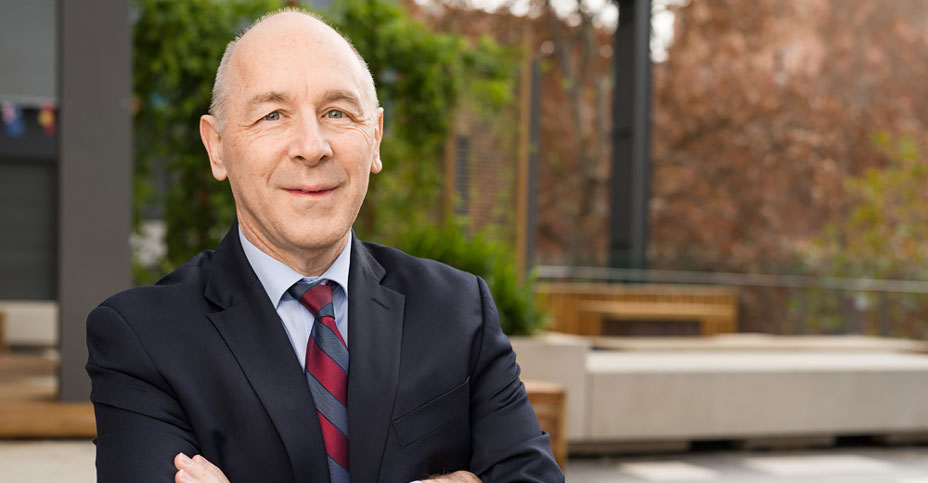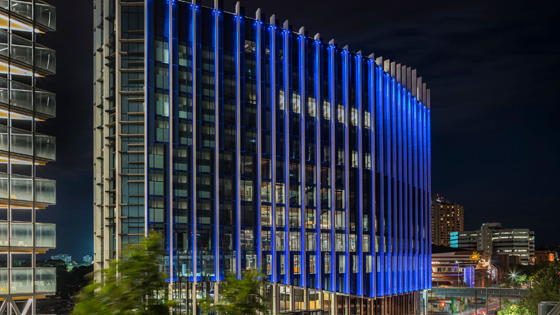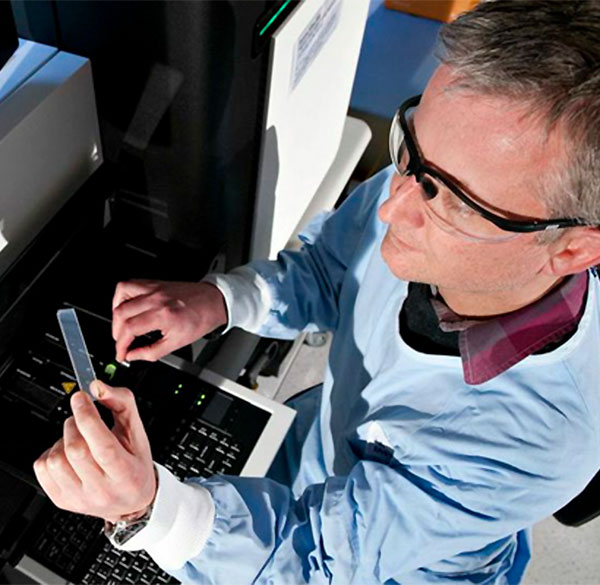
Professor Ian Olver, Inaugural Director of the University of South Australia Cancer Research Institute.
When living with cancer, a patient’s quality of life and overall wellbeing are just as important, and in some cases more important, than the treatment of disease and the physical body. Treating cancer holistically focuses on how well a person lives alongside how long they live, and the spiritual, mental and emotional wellbeing of patients create all the difference in their treatment, recovery, and the rest of their lives.
Cancer researchers in Australia are placing more and more importance on patients’ quality of life and are further exploring ways to improve the lives of cancer patients, their families and carers. Professor Ian Olver, Inaugural Director of the University of South Australia Cancer Research Institute, and former CEO of Cancer Council Australia, focuses his research on anticancer drug studies, symptom control and psycho-oncology, and improving cancer care in rural communities.
Much of his work surrounds the alleviation of symptoms such as nausea, and the psychological impacts caused by disease and treatment, including anxiety and depression. Throughout his career as cancer researcher, bioethicist and medical oncologist, Prof Olver has believed that the impacts of cancer on patients and their families last far beyond the last chemotherapy session.
“It’s become increasingly clear that the psychological impacts of cancer, the anxiety and depression, are not only prominent during the cancer journey but actually into the survival phase after the end of treatment,” Prof Olver says.
“There is the fear of relapse as well as any persistent symptoms or late side effects that can occur after treatment – so really you’re talking about this from the point of view of the patient’s whole lifetime.”
Physical side effects and symptoms of not only cancer but its treatment, like chemotherapy and radiotherapy, can be constant in patients and can cause emotional and mental issues, seriously reducing quality of life. In the early days of Prof Olver’s work, he concentrated heavily on the alleviation of side effects such as nausea, which he regards as a symptom cluster.
“Nausea is a more complex symptom; it’s subjective and patients can regard it as all sorts of things including indigestion or even fatigue.
“Two classes of drugs have been introduced over the last decade or so which have alleviated over eighty per cent of the vomiting that occurs with cancer but it hasn’t done as well with nausea, because in some ways nausea can be more of a problem than vomiting.
“We are now proposing a study that will be able to identify the symptoms and then treat each of them, providing a personalised treatment package for patients that will deal with all of the components of their nausea.”
Former Chair of the Medical Oncology Group of Australia, Prof Olver’s work also explores psycho-oncology, the interdisciplinary study of aspects of cancer beyond medical treatment and how people are socially, emotionally and spiritually affected by the disease.
During his time as CEO of Cancer Council Australia, Prof Olver co-designed and constructed, with behavioural scientist Hayley Whitford, the 20/20 Vision for Cancer Project – a world-first study built on more than fifteen years research.
“We wanted to focus on the quality of life and spiritual wellbeing of cancer patients and their carers and compare that to people with other chronic diseases and to normal controls, to find out what the differences are.”
Prof Olver and Hayley are now continuing their research at the University of South Australia Cancer Research Institute. Prof Olver and his team established the web-based 20/20 project which highlights the importance of investigating the impact that a patient’s spiritual wellbeing has upon their physical and mental wellbeing, as well as the impact of spiritual domains on under-researched groups like carers, medical professionals and families.
By analysing a patient’s quality of life in all stages of their cancer journey, they hope to improve quality of life and individual treatment for the patients and their families, improving not only how long they survive, but how well they survive.
“The search for the meaning in life and illness and the achievement of peace are all part of the whole package, so you just can’t ignore it.”
You can show your support for this vital cause and contribute to the research conducted at the University of South Australia Cancer Research Institute.

When you give today, 100% of your donation will go directly to the researchers - with no admin fees or hidden costs.
The University of South Australia (UniSA) is committed to tackling one of our most challenging diseases – cancer – by establishing the largest cohort of cancer researchers ever assembled in South Australia. Every day our experts are getting one-step closer to saving more lives as well as improving the quality of life for cancer survivors. But they need your help.
